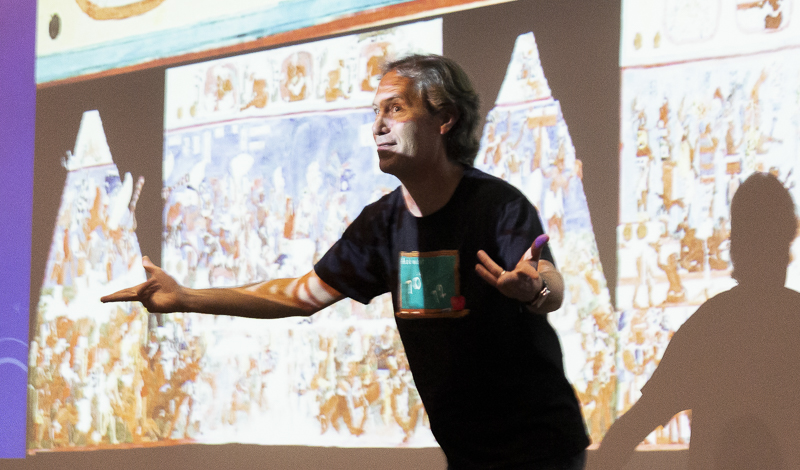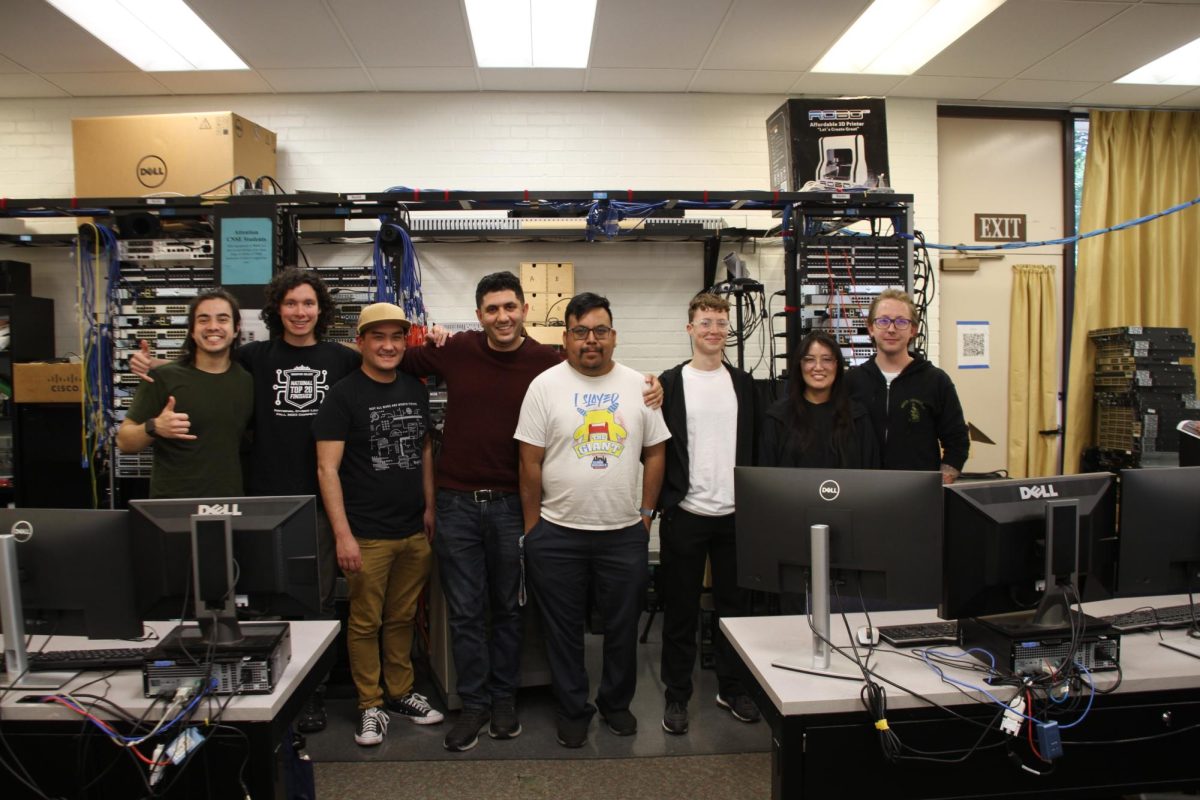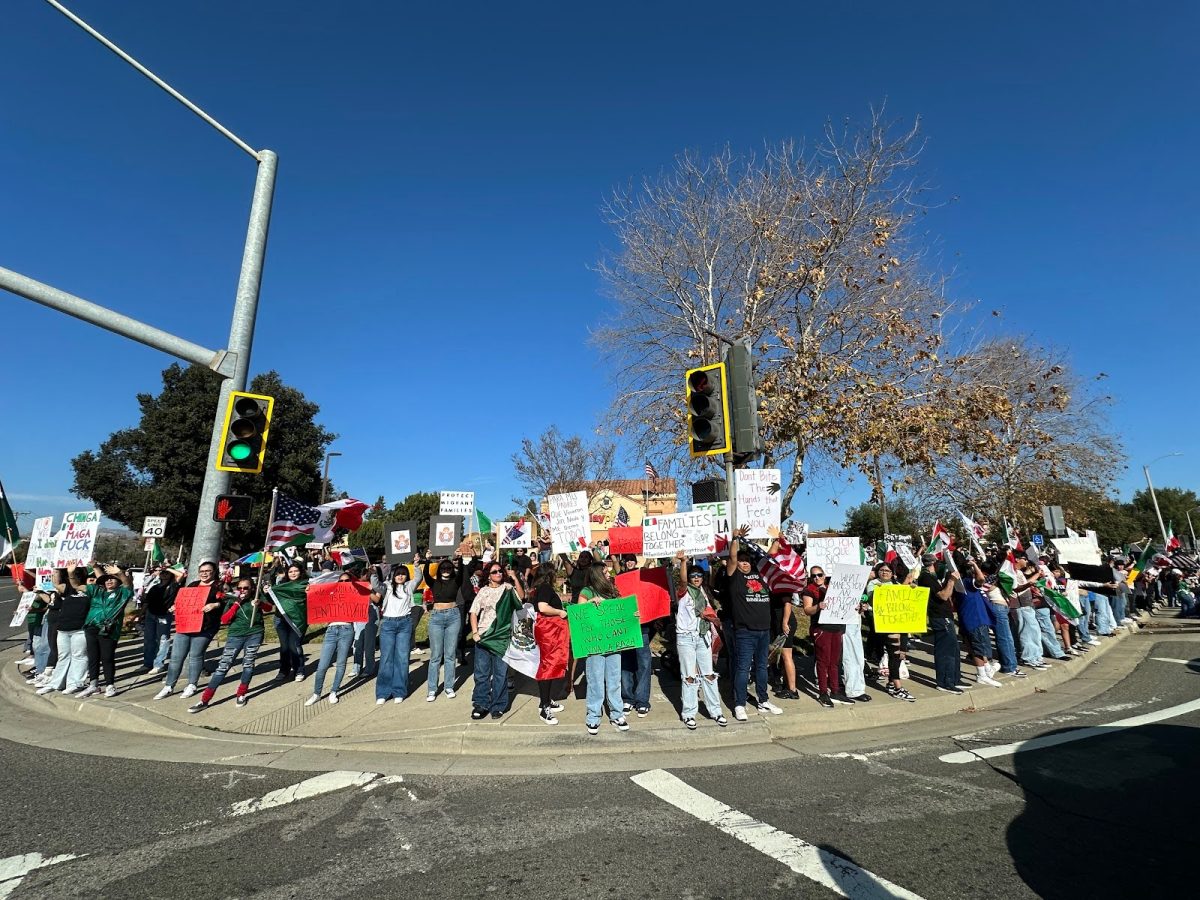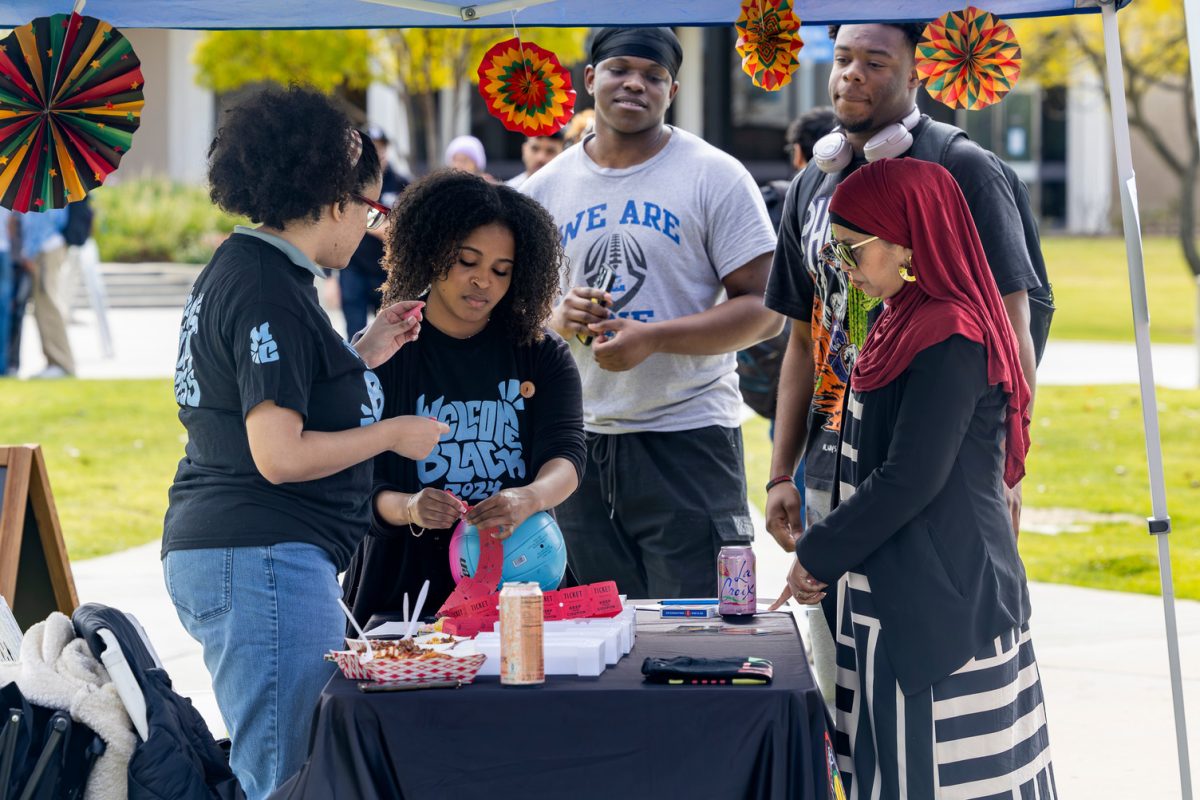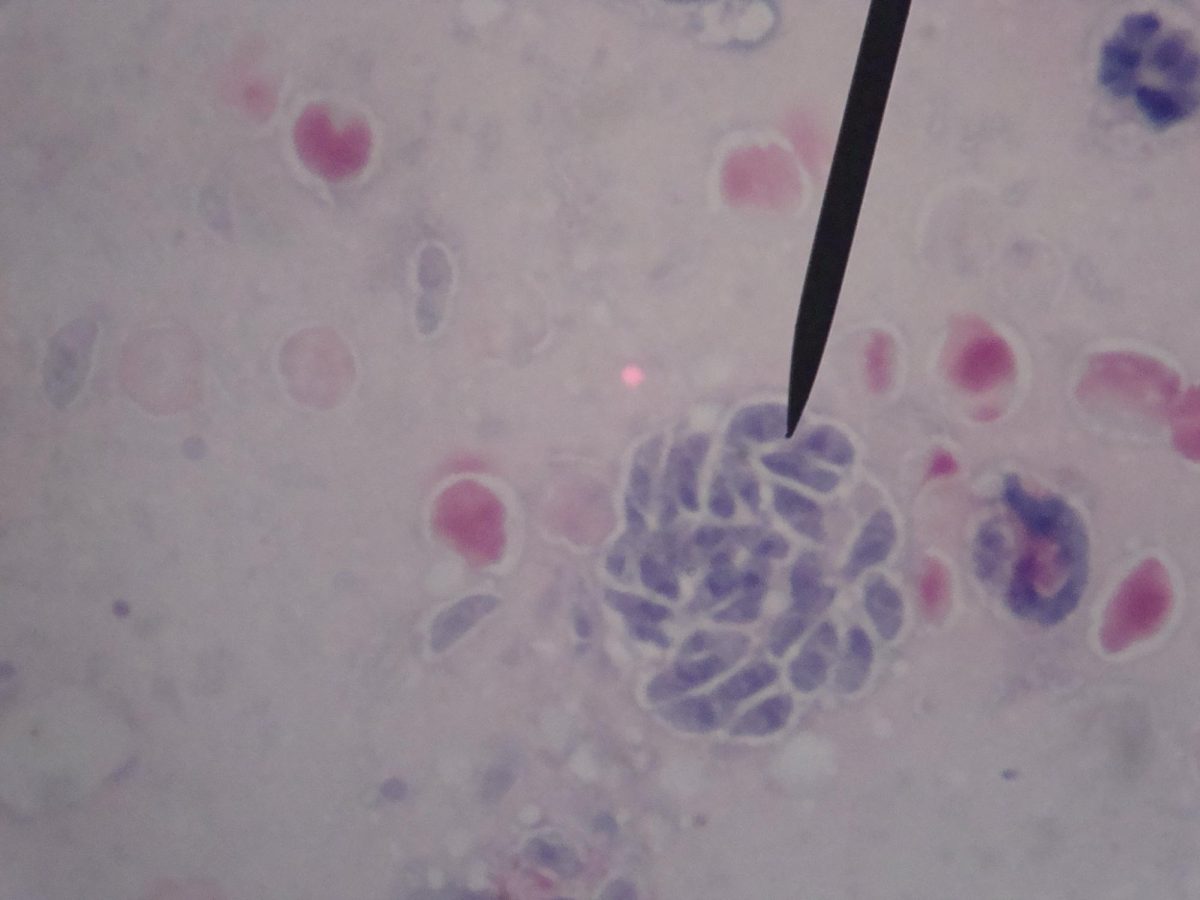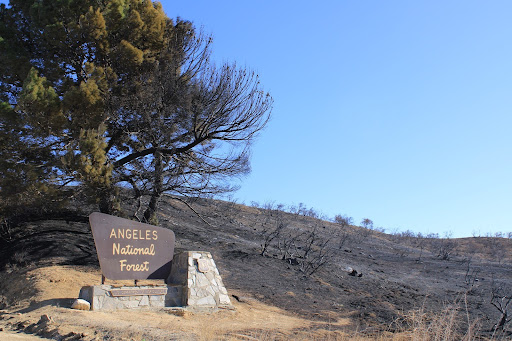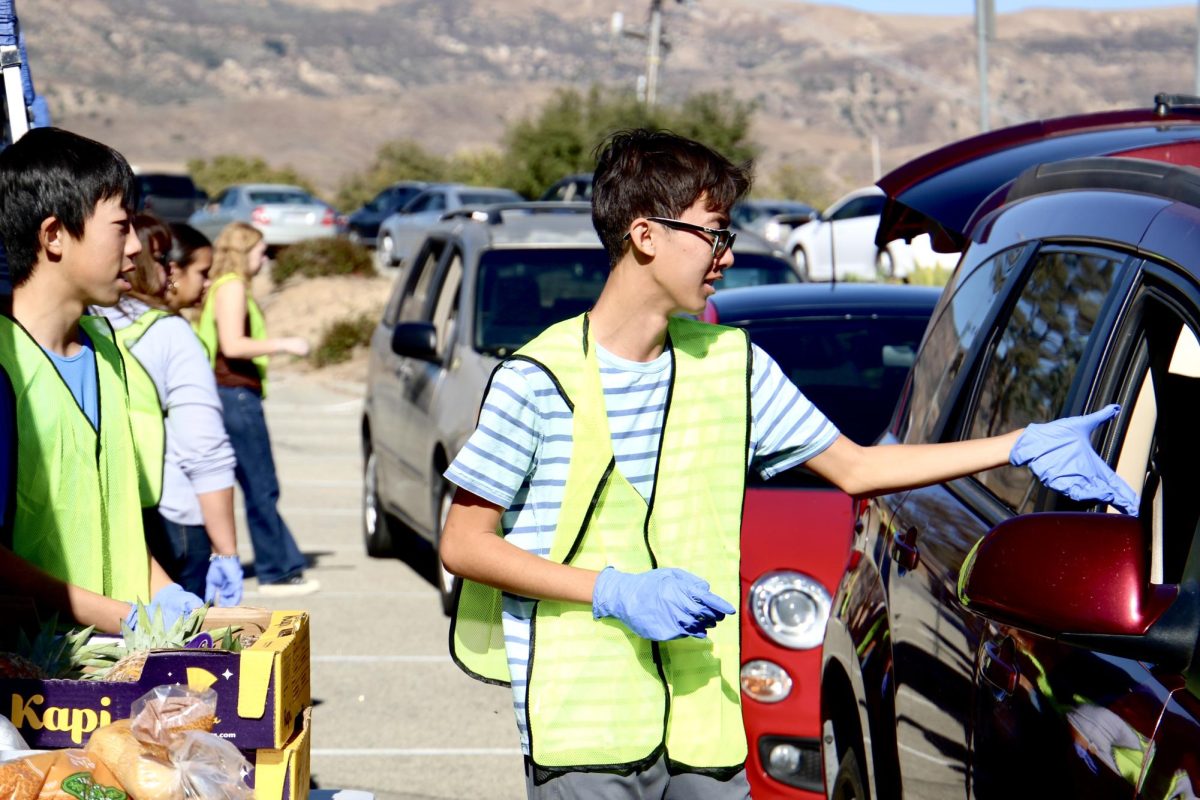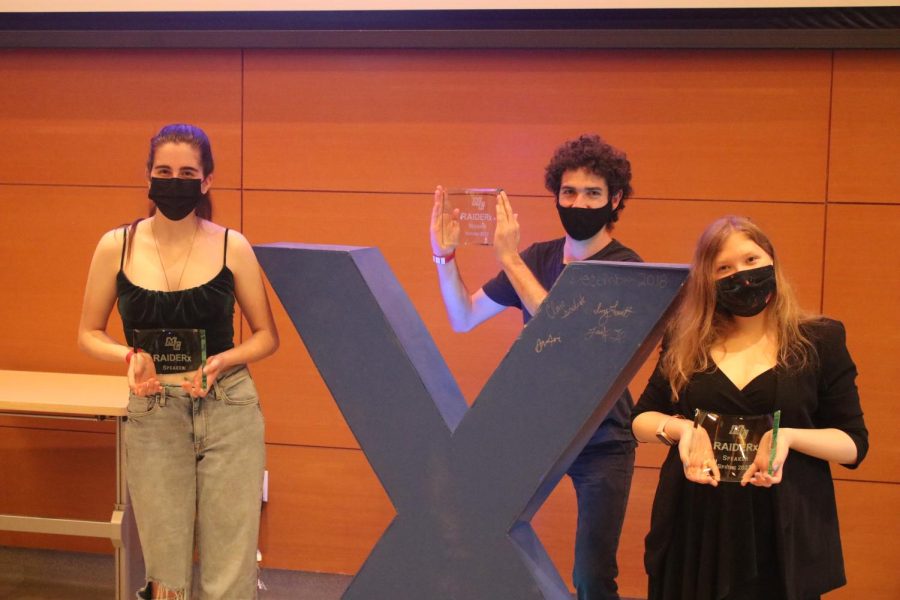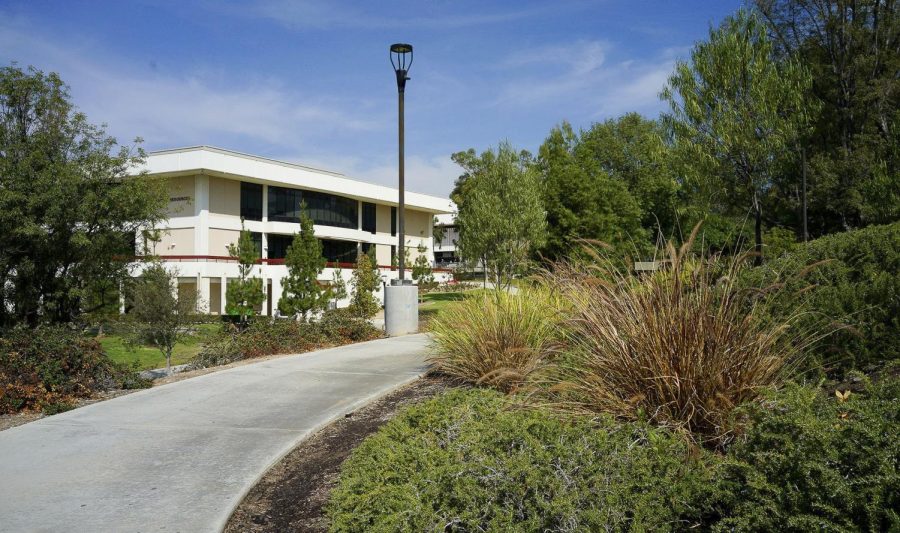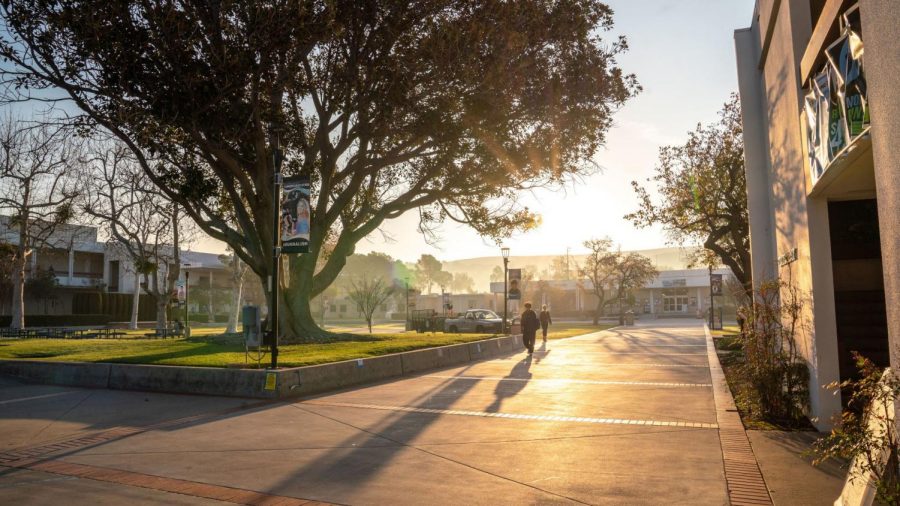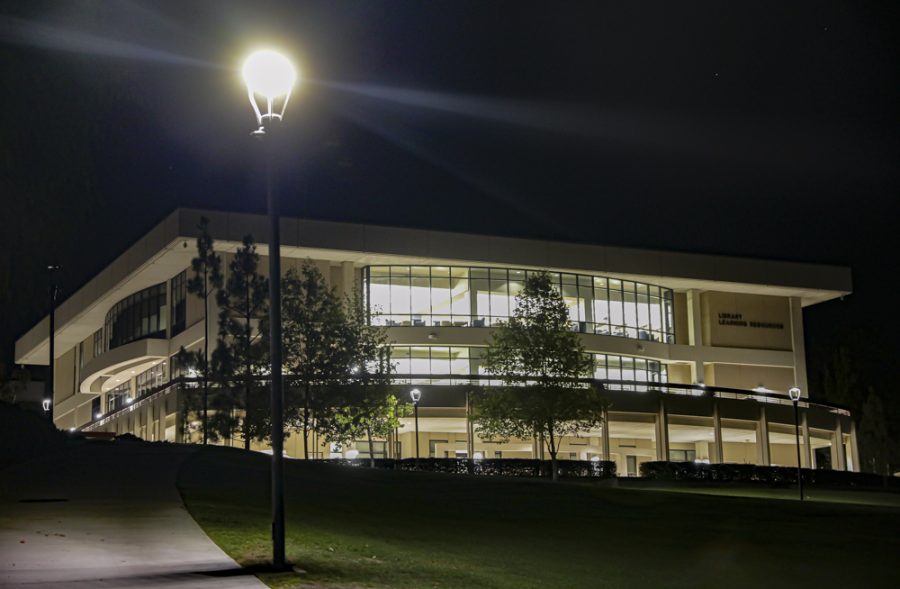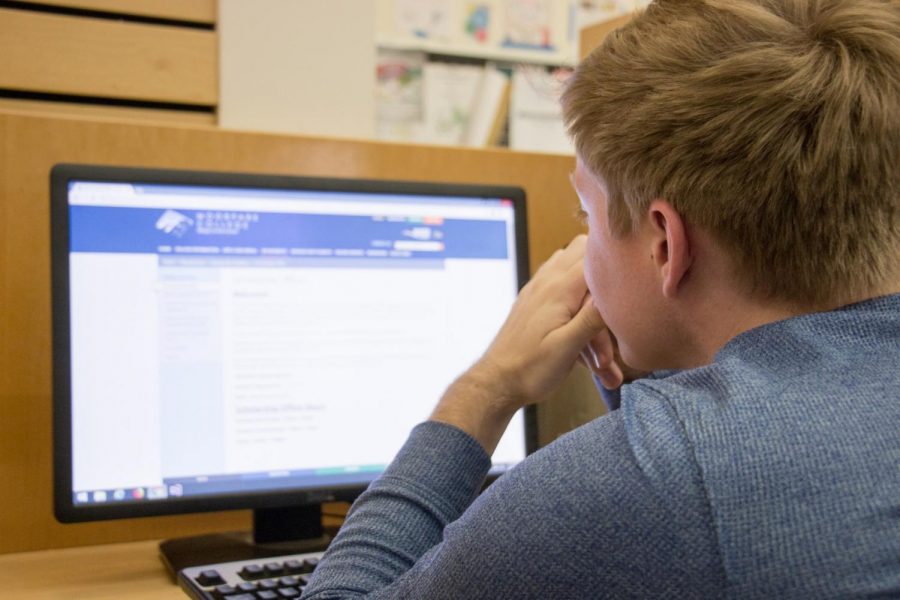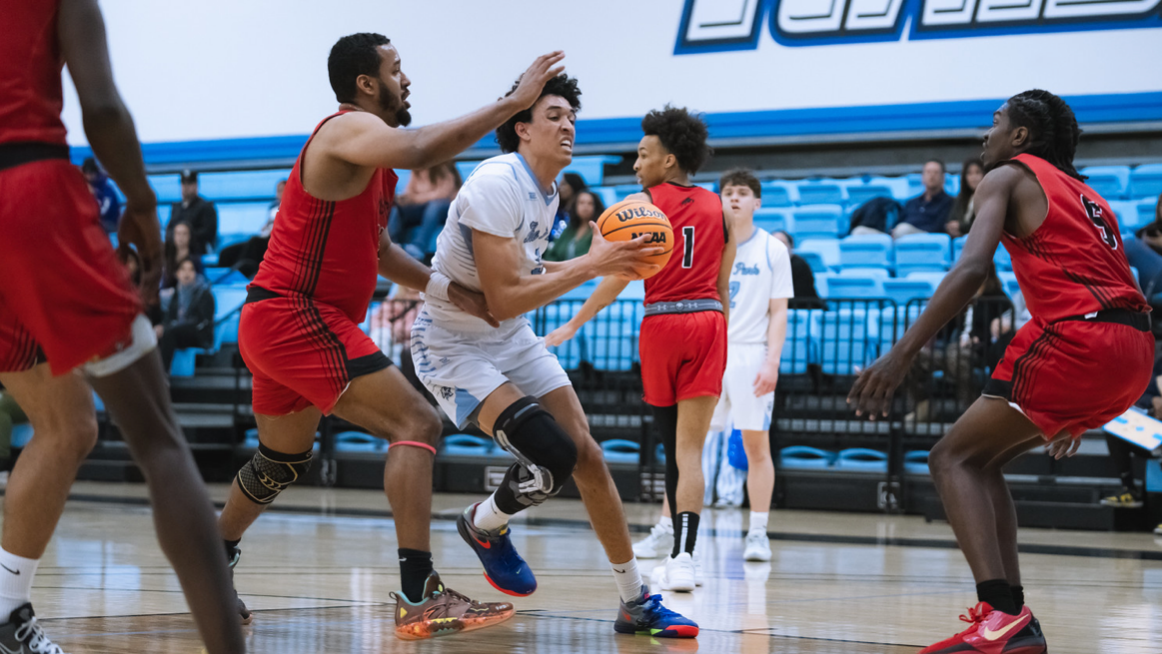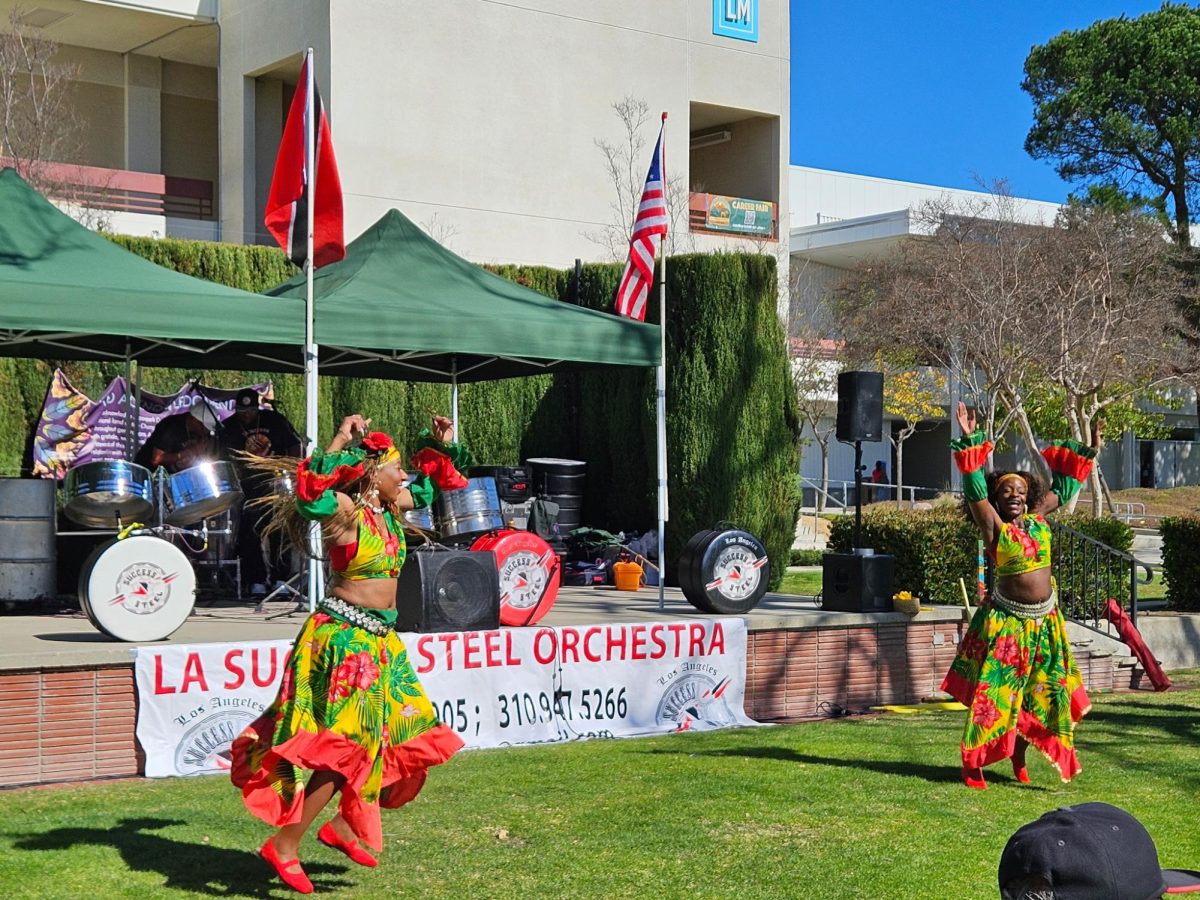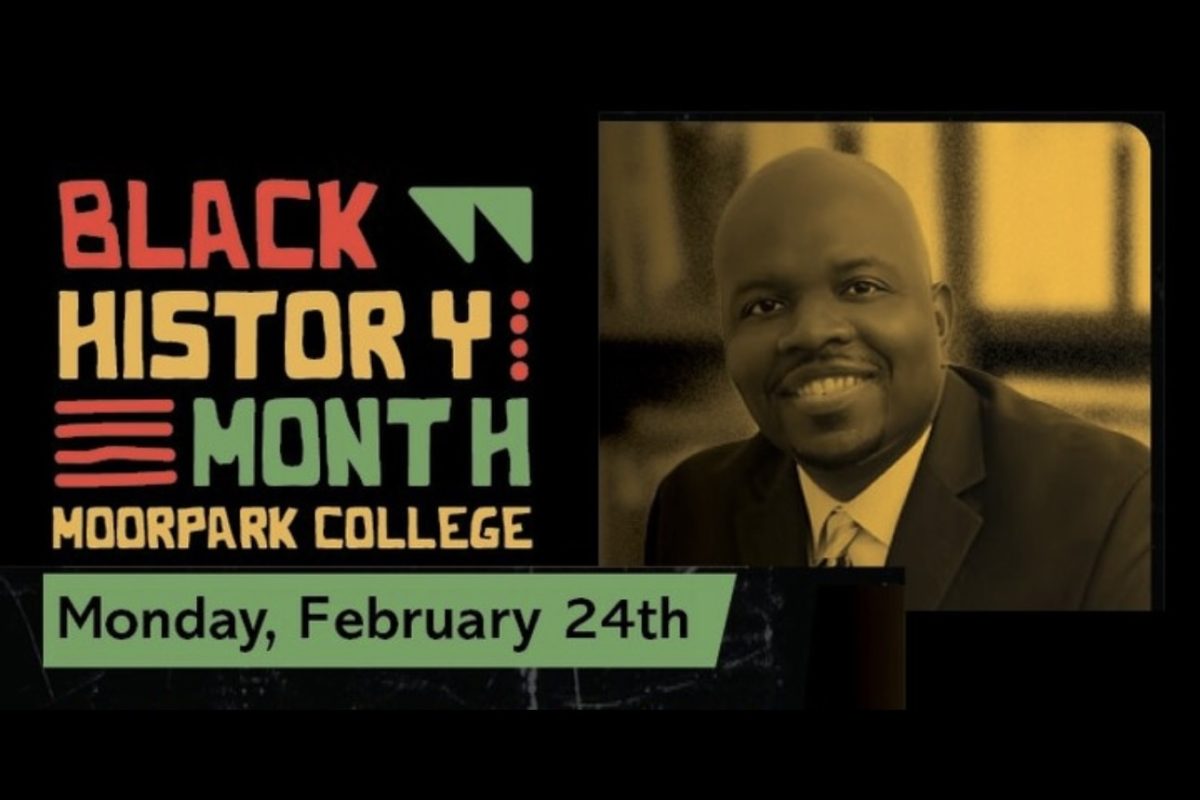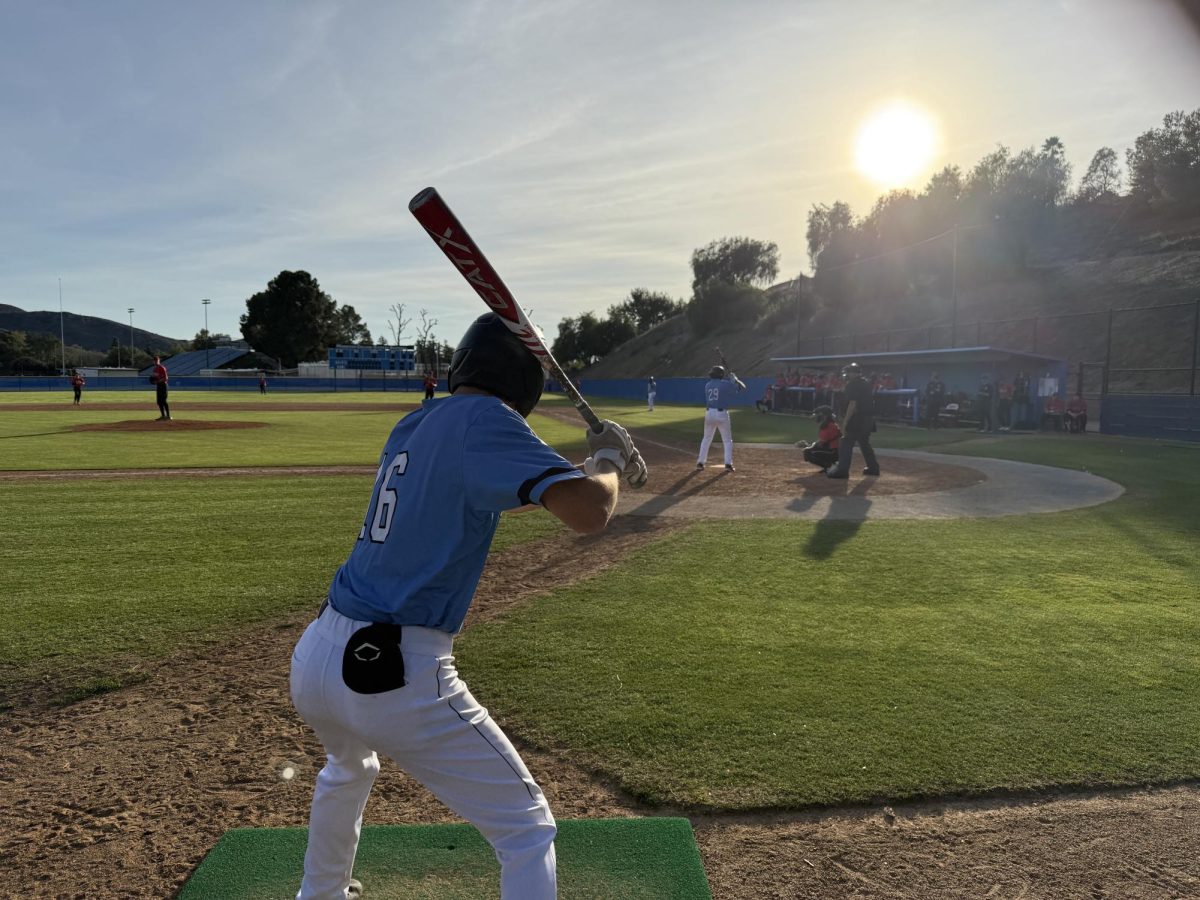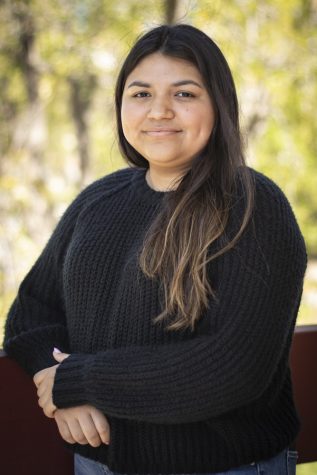The Ventura County Astronomical Society held its monthly meeting and astronomy discussion in the Moorpark College Forum on Friday, Feb. 21. Moorpark College Anthropology Department Chair, Dr. Andrew Kinkella delivered a speech on the Maya and how the archaeological discoveries relate to the cosmos.
Keith Salvas, president and publicity chair at VCAS, began the meeting by interviewing David Contreras, an aspiring member of the club. Currently an employee at Amgen, Contreras recalled having been interested in astronomy since childhood and continues to foster that interest today.
“Astronomy keeps me grounded,” Contreras said. “This is a vast universe and it’s free for everyone.”
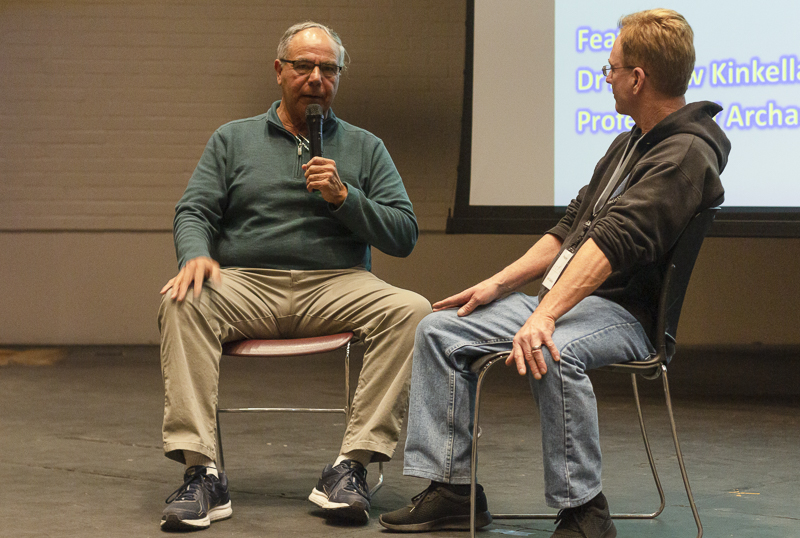
Kinkella has spent 15 years as a professor of archaeology at Moorpark College, and is director of the Moorpark College Archaeological Program which provides students with hands-on research at local California archaeological sites. In addition to teaching, Kinkella brings his work to a wider audience through his YouTube channel, “Kinkella Teaches Archaeology.”
Kinkella has spent 17 field seasons in the jungles of Belize studying the Maya with a focus on the classic period from 250-900 A.D. Having completed his dissertation on the Cara Blanca cenotes, much of Kinkella’s research has been on how the Maya used these pools during water rituals.

According to Kinkella, the Maya’s discoveries spread over a vast area of topics, as they were focused on recording the natural world and its cycles.
“Sometimes the Maya will say things in a lot of different ways,” Kinkella said.
A self-professed amateur astronomer from a young age, Kinkella recalled many times during his research in Belize which he felt connected with the Mayan skies, such as the time he and a partner were driving through the jungle roads at night and the lights in their car went out. They were able to get home just with the powerful glow from the moonlight, prompting Kinkella to realize that the Maya must have traveled a lot by night.
Kinkella noted how difficult research is with the lack of concrete evidence that has been preserved from the Maya. While there were once thousands of codices with recordings of the Maya’s discoveries and practices, today there are only four. The rest were ruined in the 16th century when conquistadors burned the books upon discovering the “pagan” practices of the Maya.
Kinkella noted that in Archaeology, it is necessary to utilize any and all tools possible. Though most of the original Maya discoveries are no longer available, according to Kinkella, there are still an estimated 8 million Maya living in Central America.
“The Maya didn’t go anywhere,” Kinkella emphasized. “their culture is still so strong.”
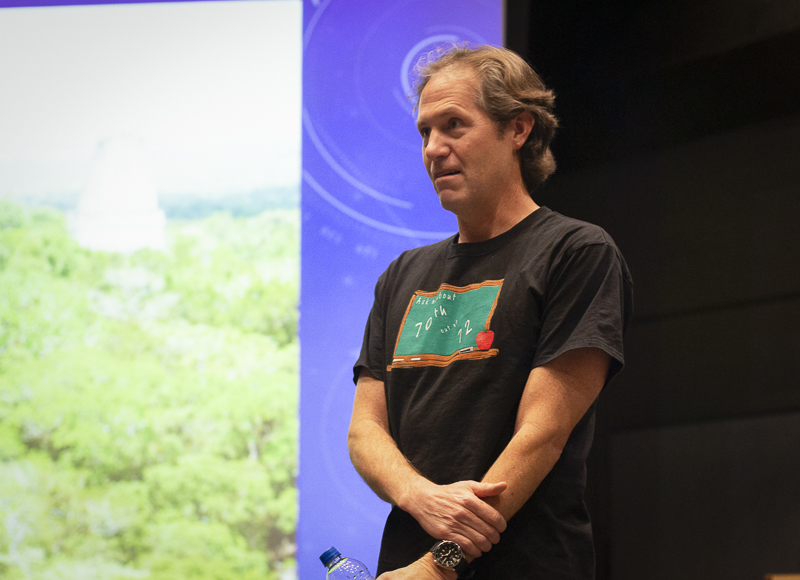
The Mayan people paid attention to their surroundings and everyday patterns in weather. Kinkella said one way we know they did this is by their planting during seasons in which there was a ring around the moon, signifying moisture and rain soon to come and nourish the crops.
“These people really lived with their environment,” Kinkella expressed. “Something we’ve lost a lot of and should try to get back to.”
VCAS members and attendees concluded the meeting with an open forum discussion to ask Kinkella any questions regarding his lecture.
Oxnard resident Daniel Martel attended the event after reading about it on Facebook.
“I thought it was really interesting and learned much more than I expected to,” Martel said. “I’m always eager to learn more about astronomy, and (Kinkella) made the topic a lot of fun.”
VCAS holds meetings and astronomy discussions in the Moorpark College Forum each month. The theme this year is “In Recognition of the 100th anniversary of Women’s Suffrage: Celebrating Women in Science.”
Moorpark College can look forward to plenty more interesting speakers and events on campus by VCAS this year.

